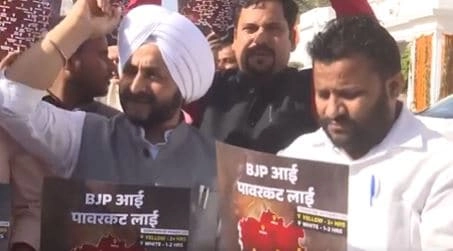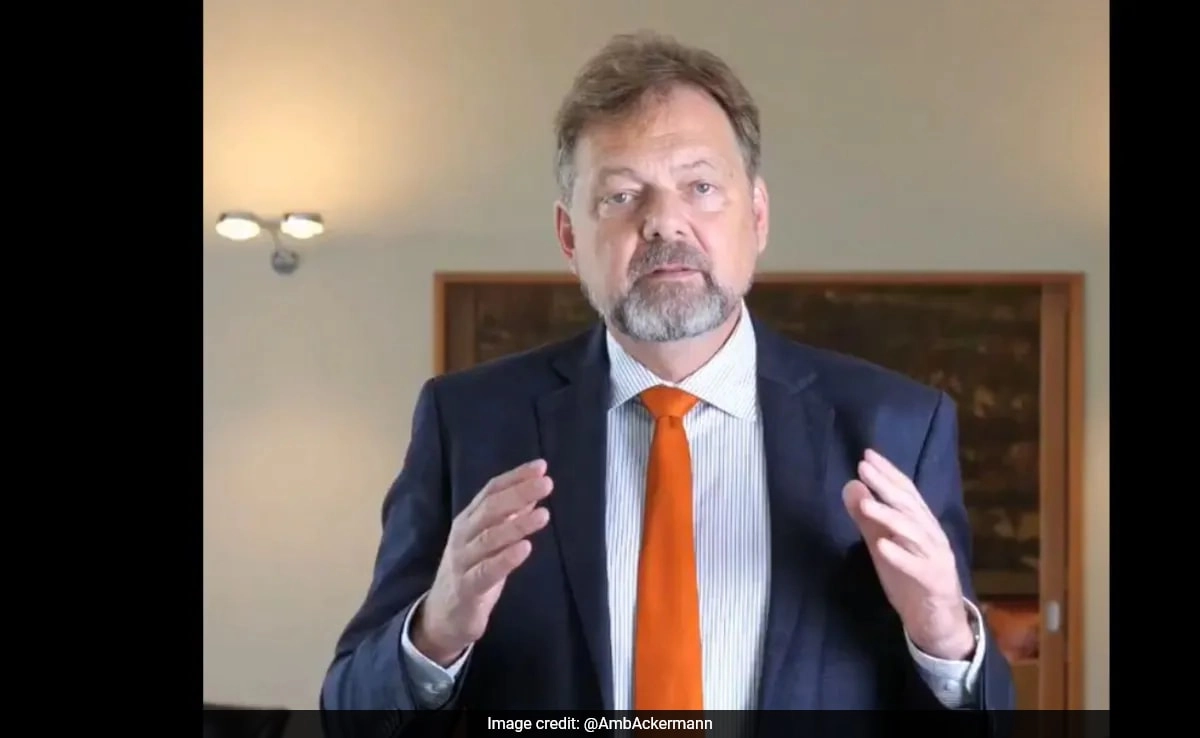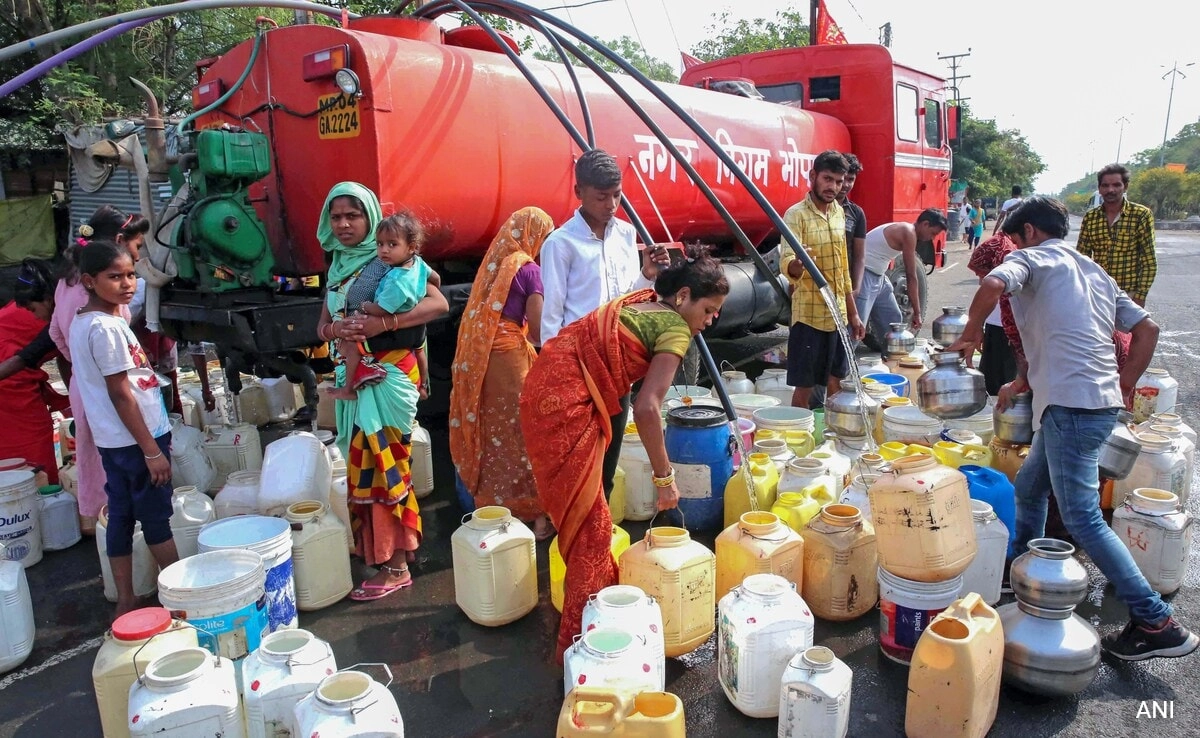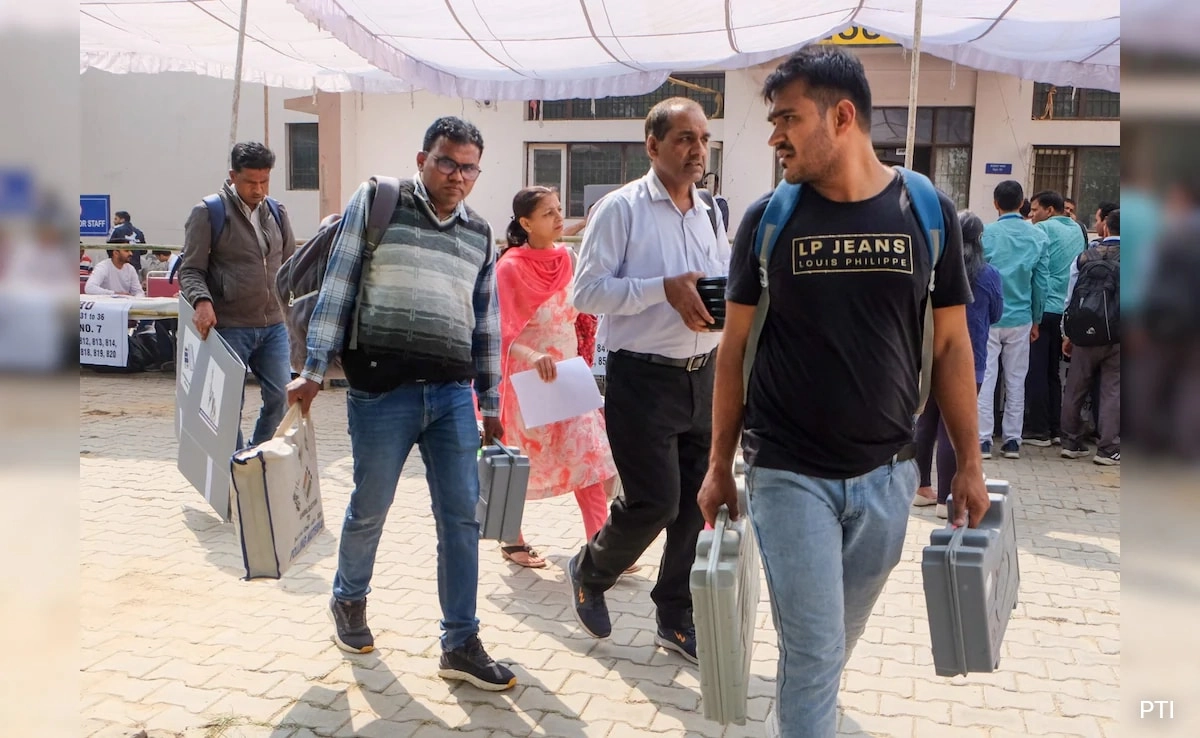The political landscape in Delhi has been marked by a heated exchange between the Aam Aadmi Party (AAP) and the Bharatiya Janata Party (BJP) regarding the issue of power cuts in the capital. The AAP, which governs the Delhi Assembly, has accused the BJP of creating unnecessary panic among residents through its allegations of widespread power outages. The party argues that the current power supply situation is stable and that the BJP is merely using the situation to undermine the AAP’s governance. In a series of statements, AAP leaders have emphasized that any minor power disruptions are part of routine maintenance and do not indicate a systemic failure in the electricity infrastructure.
On the other hand, the BJP has seized upon the AAP’s response to highlight what it claims is the government’s failure to provide reliable electricity to the citizens of Delhi. BJP leaders have pointed to the rising number of complaints from residents regarding unannounced power cuts, particularly during the peak summer months when demand for electricity surges. They argue that the AAP’s governance has led to a deterioration of services, impacting the daily lives of residents who rely heavily on uninterrupted power supply for their households and businesses. The BJP’s strategy appears to be aimed at rallying public sentiment against the AAP, framing the issue as a significant governance failure.
The clash between these two political parties reflects deeper ideological divides and competitive dynamics in Delhi politics. While the AAP attempts to defend its administration by showcasing its achievements in other areas, such as education and healthcare, the BJP is focusing its campaign on immediate concerns that resonate with voters. This ongoing debate over power cuts is not just about electricity supply; it symbolizes the broader struggle for political influence in Delhi. Both parties seem to be aware that the perception of effective governance can significantly impact their electoral fortunes in upcoming elections.
As the situation unfolds, it remains to be seen how voters will respond to these competing narratives. The AAP has called for a dialogue with the public to address their concerns, while the BJP seeks to capitalize on any dissatisfaction with the AAP’s performance. This rivalry will likely intensify as the summer progresses and residents face the challenges of heatwaves and potential power shortages. The outcome of this political tussle could shape the future of Delhi’s governance and influence the direction of local politics for years to come. Ultimately, the residents of Delhi are caught in the crossfire, hoping for a resolution that ensures reliable power supply and effective governance.




